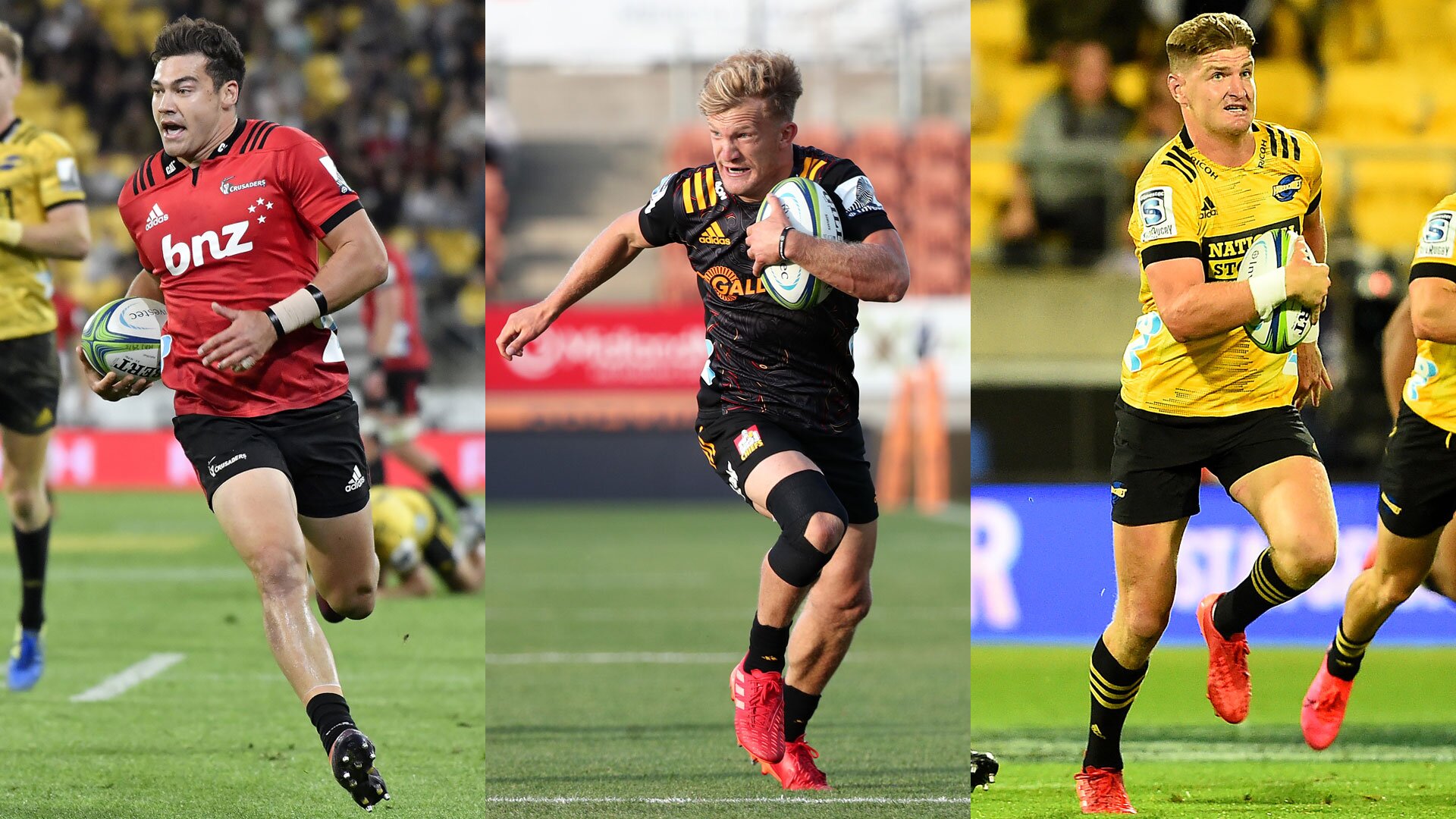Super Rugby's inconclusive season also curtailed any chances of answering a key question for the new All Blacks coach

Between the 2015 and 2019 World Cups, the All Blacks selectors struggled to really settle on a first-choice fullback.
Ben Smith was superb in the backfield at the 2015 tournament but the decision was made to move towards operating with a second playmaker at fullback, which saw both Damian McKenzie and Beauden Barrett take up the role.
With McKenzie out injured in 2019, Barrett spent much of last year’s World Cup operating at 15 and while it certainly wasn’t the reason for the All Blacks’ semi-final demise, it wasn’t exactly a raging success either.
Bath & England player, Freddie Burns talks us through his fitness regime during lockdown due to the coronavirus:
Smith, who was primarily used on the wing, is now in France. Steve Hansen, the man with the final say in all the decision making, has also headed offshore.
That means new head coach Ian Foster has a big decision to make when it finally comes time to select a Test fullback.
Barrett is still an option but could end up not playing any professional football this year. While he certainly looks like a natural fullback, the All Blacks’ key playmaker for the past World Cup cycle could prefer a move back closer to the action – though he may find some serious competition from Richie Mo’unga.
There are four other players who, should international rugby not return until next year, could be vying for the 15 jersey.
First up is the younger Barrett brother, Jordie.
Jordie’s elevation to the All Blacks in 2017 against the touring British and Irish Lions probably came a year or two early and while some have suggested that Barrett isn’t up to international standard, the Hurricanes utility is still just 23 years old.
He’s also been the form New Zealand fullback over the first seven weeks of competition and has been the senior playmaker at his Hurricanes outfit now that Beauden has left Wellington, regularly stepping in to play first receiver.
If the All Blacks were being selected today, Barrett would probably be Foster’s first-choice fullback.
https://www.instagram.com/p/B-GCdCPgiqz/
Next in line is the returning Damian McKenzie, whose 2019 was cut short due to a ruptured ACL.
While McKenzie hasn’t quite looked up to his regular self just yet, he’s one of the most electric players on the planet and possibly could have been the X-factor missing from New Zealand’s game during the World Cup semis.
The aura of unpredictability that surrounds McKenzie, however, is both a blessing and a curse. For every three moments of brilliance that the pocket rocket has, he tends to have an accompanying moment of utter despair.
Frankly, none of New Zealand’s current crop of fullbacks seem to be entirely immune to those kinds of errors – which is the major difference between the men coming through and a guy like Ben Smith.
Perhaps Crusaders utility David Havili is the most reliable of the options – and the top-end of his game seems to be right up there with the likes of McKenzie and Barrett this year.
Havili has looked electric in 2020 and while he’s always been a strong performer for the red and black machine, he’s taken his game up to another level this season.
He’s making the most linebreaks out of the All Blacks’ main three fullback options, creating the most linebreak assists and also breaking the most tackles.
Factor in Havili’s superior run metres and offloads, and he’s clearly creating the most havoc for defending sides in 2020.
With the All Blacks' fullback role up for grabs, did Jordie Barrett do enough to usurp Damian McKenzie for the New Zealand No. 15 jersey? #SuperRugby https://t.co/oUgIlE3nui
— RugbyPass (@RugbyPass) March 14, 2020
Like Barrett and McKenzie, he’s also more than capable of covering a number of positions across any backline and can kick goals to boot.
His vice-captaincy role with the Crusaders shows that he’s also a cool head under pressure – which is another thing that the All Blacks may have lacked at key moments over the last few seasons.
Havili’s performances have been second-to-none this year and it’s just a late injury that prevented him from taking the field in the last month that possibly helped Jordie Barrett edge ahead in the fullback stakes.
That leaves one possible wildcard; Havili’s Crusaders teammate Will Jordan.
After missing 2018 through injury and accruing plenty of minutes off the bench in 2019, this year was supposed to be Jordan’s Super Rugby breakout. Unfortunately, a lingering groin injury curtailed his chances of making an impact.
Still, the 22-year-old performed respectably in his 181 minutes of game time and will be another year wiser in 2021 – and hopefully free of his various injuries.
With the Super Rugby season ending prematurely and the Test season still up in the year, we may never get an answer to who new All Blacks coach Ian Foster views as the nation’s best fullback. There’s ample talent in the country right now – even if they don’t get too many opportunities to show off their prowess.
WATCH: All Black fullback Christian Cullen destroying the Springboks and Wallabies during his Tri-Nations career from 1996-2002.












































































